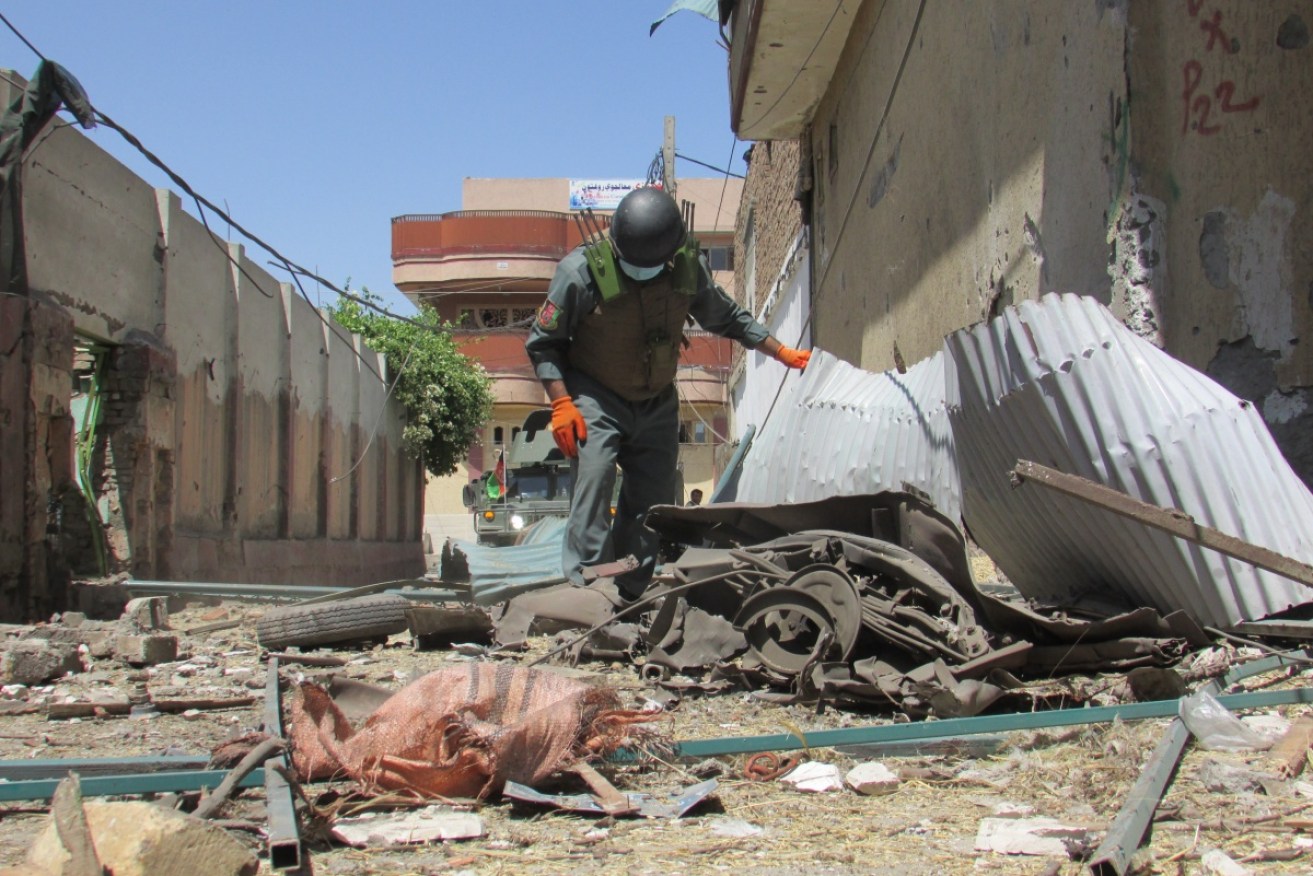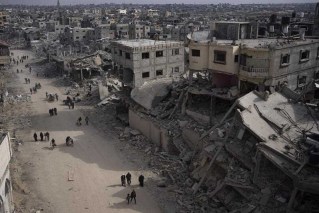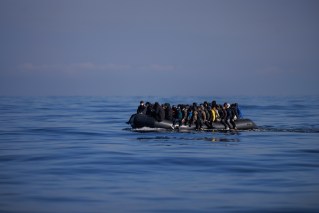Twin deadly Afghanistan terror attacks target journalists


Authorities believe journalists may have been the target of the attacks. Photo: Getty
Ten journalists and a photographer are among 27 people killed in Afghanistan on the deadliest day for the nation’s media since a US-led campaign ousted the Taliban regime 2001.
Most of the deaths occurred in a suicide bomb attack in Kabul journalist working for the BBC’s Afghan language service, was shot dead in the eastern city of Khost.
In Kabul, journalists covering a bomb blast during the morning rush hour were standing in a loose group near the site of the explosion when the suicide bomber struck.
The bomber appeared to have deliberately targeted journalists, presenting a press card to police before joining the group standing near the first blast site, interior ministry spokesman Najib Danesh said.
In all, 26 people died in the two Kabul blasts, which were claimed by Islamic State.
Among the dead were Shah Marai, veteran chief photographer for Agence France-Presse in Afghanistan, who had worked for the agency for 22 years.
Also killed was Maharam Durani, a young female producer who had joined Radio Azadi, a local station, only a week earlier.
Reuters photographer Omar Sobhani, an old friend and colleague of Shah Marai, was standing next to him when the bomb exploded.
“We were standing on a slight rise to get a better shot when I heard a bang and saw him on the ground. I was stunned, I couldn’t believe it,” said Sobhani, who suffered minor wounds.
“He was a very good photographer – the best – but he was also a very good man.”

It is not known if Mr Ahmad’s death is linked to the Kabul bombings: Photo: Facebook.
In Khost, 29-year-old Ahmad Shah, who worked for the BBC’s Pashto language service as well as for Reuters, was killed on the outskirts of the city, according to Talib Mangal, spokesman for Khost’s provincial governor.
The BBC confirmed the death in a statement on Twitter.
There was no indication of any direct link between the attacks in Kabul and Khost.
Among a litany of setbacks since the Taliban were ousted in 2001 and tens of thousands of deaths, Afghanistan’s lively and independent media sector has stood out as a success but it has suffered heavy losses.
According to the Afghanistan Journalists Safety Committee, at least 80 journalists and media workers have been killed working in the country since 2001.
But there had never been a day when so many were killed in the same attack.
As well as AFP and Radio Azadi, which lost two employees in the Kabul attack, local stations Tolo News, 1TV and Mashal TV also lost staff.
-with AAP








